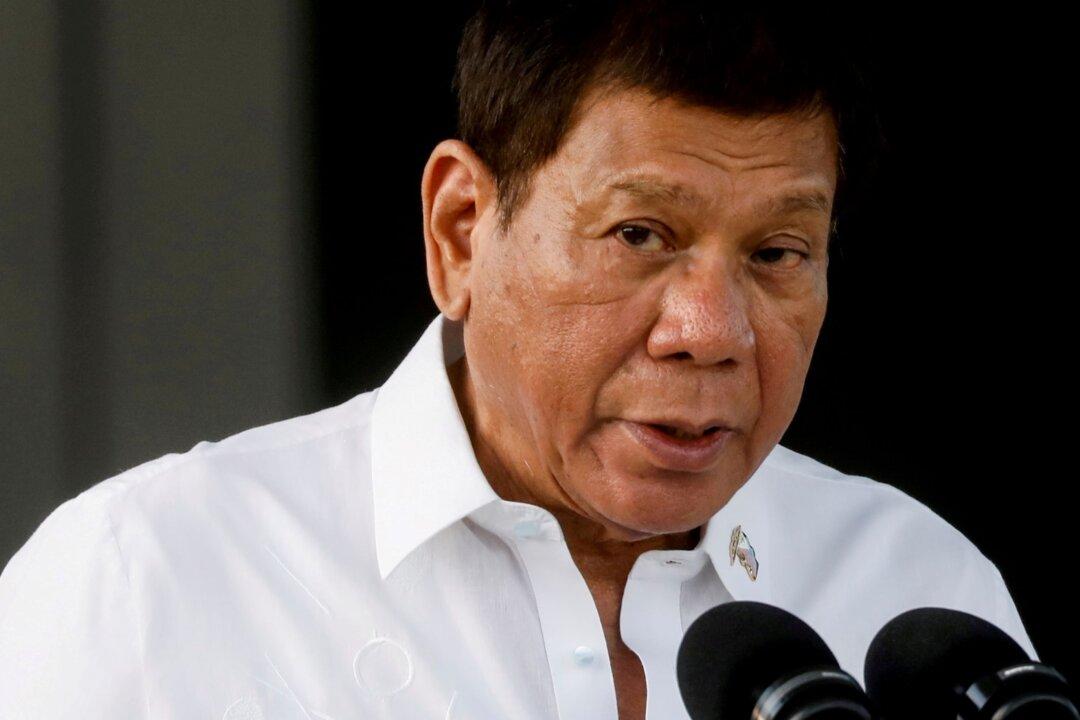Three major railway projects in the Philippines have been stalled after China “backed out” of agreements it struck with former President Rodrigo Duterte, a Philppine government official said on Friday.
Transportation Undersecretary Cesar Chavez said that China did not respond to Manila’s loan applications for the three railway projects submitted last year, so they are now considered “withdrawn.”





